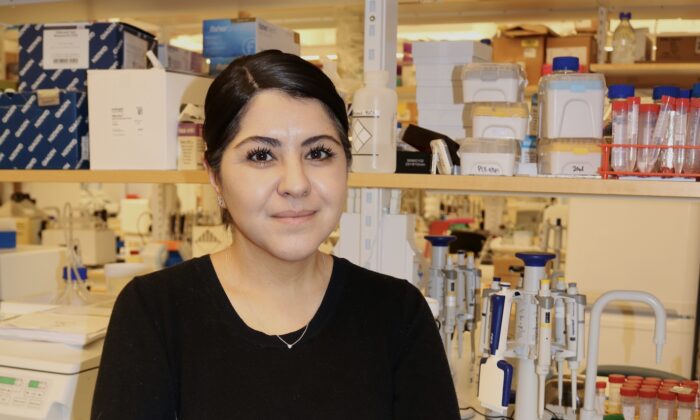Published
2023-08-02Updated
2023-08-08Pandemic, Russian war in Ukraine, rising commodity prices, inflation and interest rates, disruptions in global supply chains are challenging for economic policymakers. In order to conduct appropriate stabilization policies in an environment of increased uncertainty, good real-time assessments of the macroeconomic situation are required. This is a challenging task, as key variables that capture economic developments come with a lag.
Producing faster statistics that reflect the current state of the economy has therefore become increasingly important. More timely statistics improve the basis for decision-makers to take the right measures to stabilize the economy.
The research project State-of-the-art forecasting of GDP in economic crises by machine learning methods contributes to the growing field of better state-of-the-art forecasting by incorporating methods from the machine learning literature. The use of machine learning methods in state-of-the-art forecasting of economic indicators is a relatively new field and has advantages over previous methods as they can handle large data sets and also model non-linear relationships between economic variables.
The ongoing project, led by Senior Lecturer Farrukh Javed at Lund University, introduces new econometric methods and compares them with previously developed methods in extensive simulation studies and empirical applications where Swedish GDP is forecast in the current situation. This enables a comprehensive evaluation and further development with the hope of improving the methods currently used by forecasting institutes such as NIER. The results will hopefully lead to new improved methods for real-time assessments of the development of the Swedish economy.
Research supported by the Torsten Söderberg Foundation.



